Conference Speakers

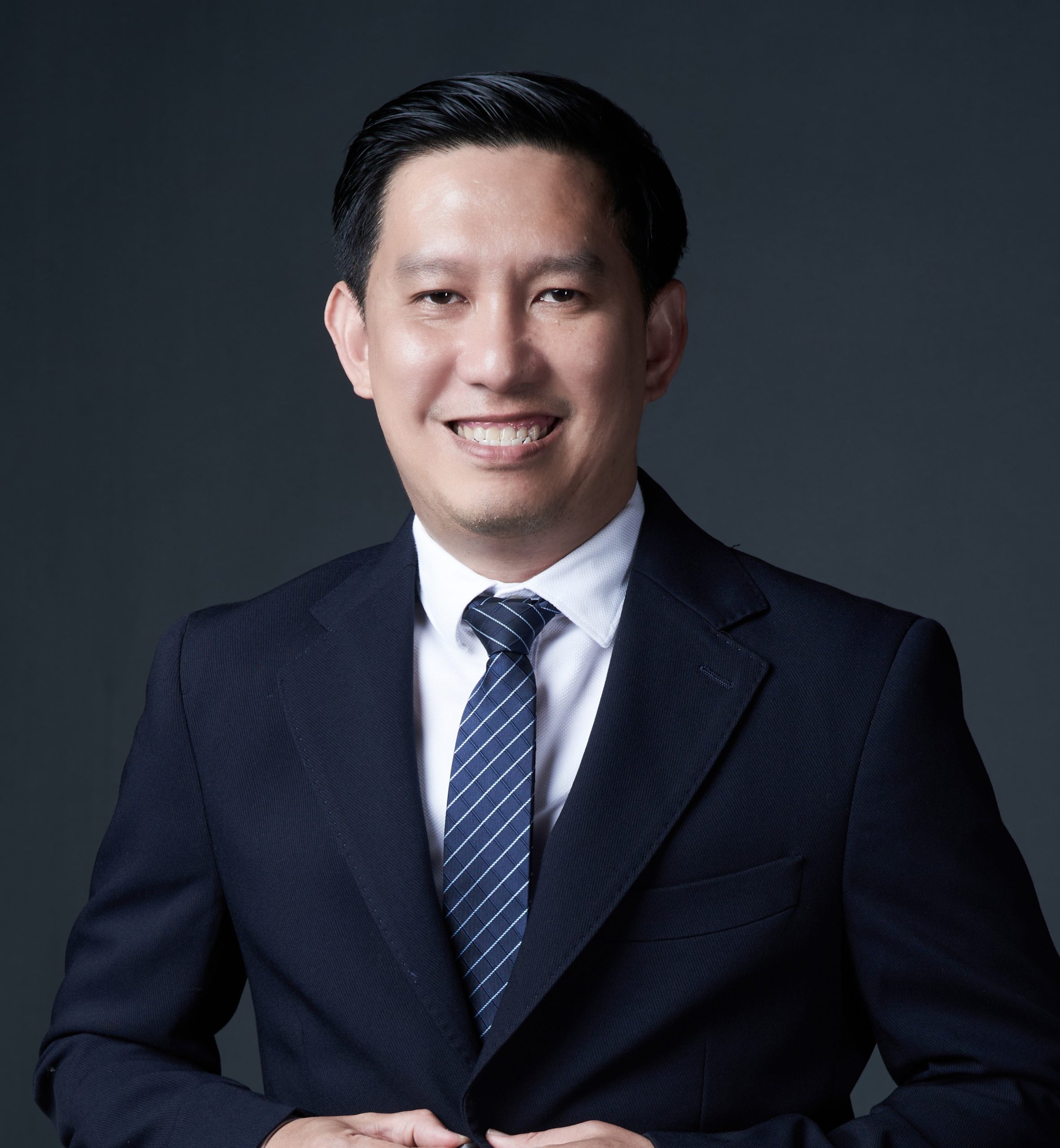 | Aphirak (“A.P.”) Bamrungruan has served as the Executive Director of the Hawaii State Office of Language Access (OLA) since May 2017. As the agency head, Mr. Bamrungruan oversees and manages the development and implementation of the agency’s systems, programs, budget, policies, and procedures designed to address the language access needs of Limited English Proficient (LEP) persons. Prior to assuming this role, Mr. Bamrungruan was the LEP Project Manager at the Hawaii Department of Human Services, an investigator at the Hawaii Civil Rights Commission, and a staff attorney at Volunteer Legal Services Hawaii as well as the Domestic Violence Action Center. Mr. Bamrungruan received his Bachelor of Laws from Thammasat University, Thailand, his Master of Laws and Juris Doctor from the University of Hawaii School of Law. |
 | Dr. Amefil (Amy) Agbayani is an Emeritus Assistant Vice Chancellor for Student Diversity and Equity at the University of Hawai’i at Manoa. Agbayani was born in the Philippines and received her education from the University of the Philippines, East-West Center, and the University of Hawai’i. She is a former Chair of the Hawai’i Civil Rights Commission, conducts research on AA and NHPIs in higher education, and is a board member of the Patsy T. Mink PAC and The Legal Clinic, focused on immigrant justice in Hawaii. |
 | Ana Paula Noguez Mercado is the inaugural Language Access Coordinator for the U.S. Department of Justice (DOJ), and chair of the DOJ Language Access Working Group. Housed in the Office for Access to Justice, her role includes leading the design and implementation of a Department-wide language access initiative to make DOJ’s services, activities, and programs accessible to all, regardless of language. Ana Paula has over two decades of experience focused on systemic change at the intersection of language, gender, and immigrant justice. Most recently, she provided national training and technical assistance on language access planning and implementation strategies at the Asian Pacific Institute on Gender-Based Violence. Previously, she was engaged in initiatives encompassing access to justice, gender equity, community mobilization, immigrant justice, and language rights at organizations including the Mexican American Legal Defense and Educational Fund (MALDEF) and the bi-national Frente Indígena de Organizaciones Binacionales (FIOB). At Mexico’s National Women’s Institute (Inmujeres), Ana Paula advocated for policy reforms to achieve gender equity across federal programs. She has extensive experience as a community interpreter and translator, including organizing a network of pro bono language workers. She has consulted with public and nonprofit agencies to build their capacity around integrating language justice into their work. Ana Paula holds an LL.M. (Master of Laws) in Critical Legal Studies and International Human Rights Law from the UCLA School of Law; a master’s degree in Gender and Law from la Universidad Autónoma de Barcelona/CIESAS; and a law degree from la Universidad Iberoamericana in Mexico City, which is also her hometown. |
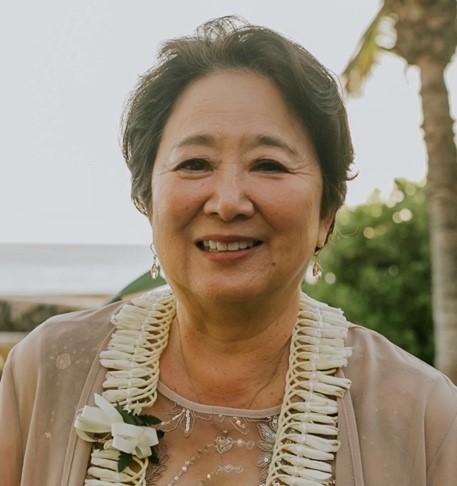 | Barbara Tom is a retired public health nurse from the Department of Health (DOH) who spent over two decades providing outreach, education and case management for Hansen’s Disease patients. During her role as a public health nurse in Waipahu, she worked closely with the Micronesian community in Hawaii and served as the Chair of the Nations of Micronesian Committee (NOM) until 2019. The NOM committee provided networking and coordination with state-wide agencies, while working closely with the Micronesian community to address health and community challenges. She also guided the development of the Micronesian Health Advisory Coalition and the Micronesian Community Network. Barbara currently directs the Waipahu Safe Haven Immigrant/Migrant Resource center which she founded in 2012. Her center, which provides holistic programs and services, serves as a resource for the Waipahu community that works to empower children and their families. It is supported by community partnerships and guided by the Chuukese and Marshallese steering committees. Barbara is committed to improving language access for the Micronesian community. Through her center and other community roles, she continues to advocate for and support the Pacific Island community with holistic language access programs. |
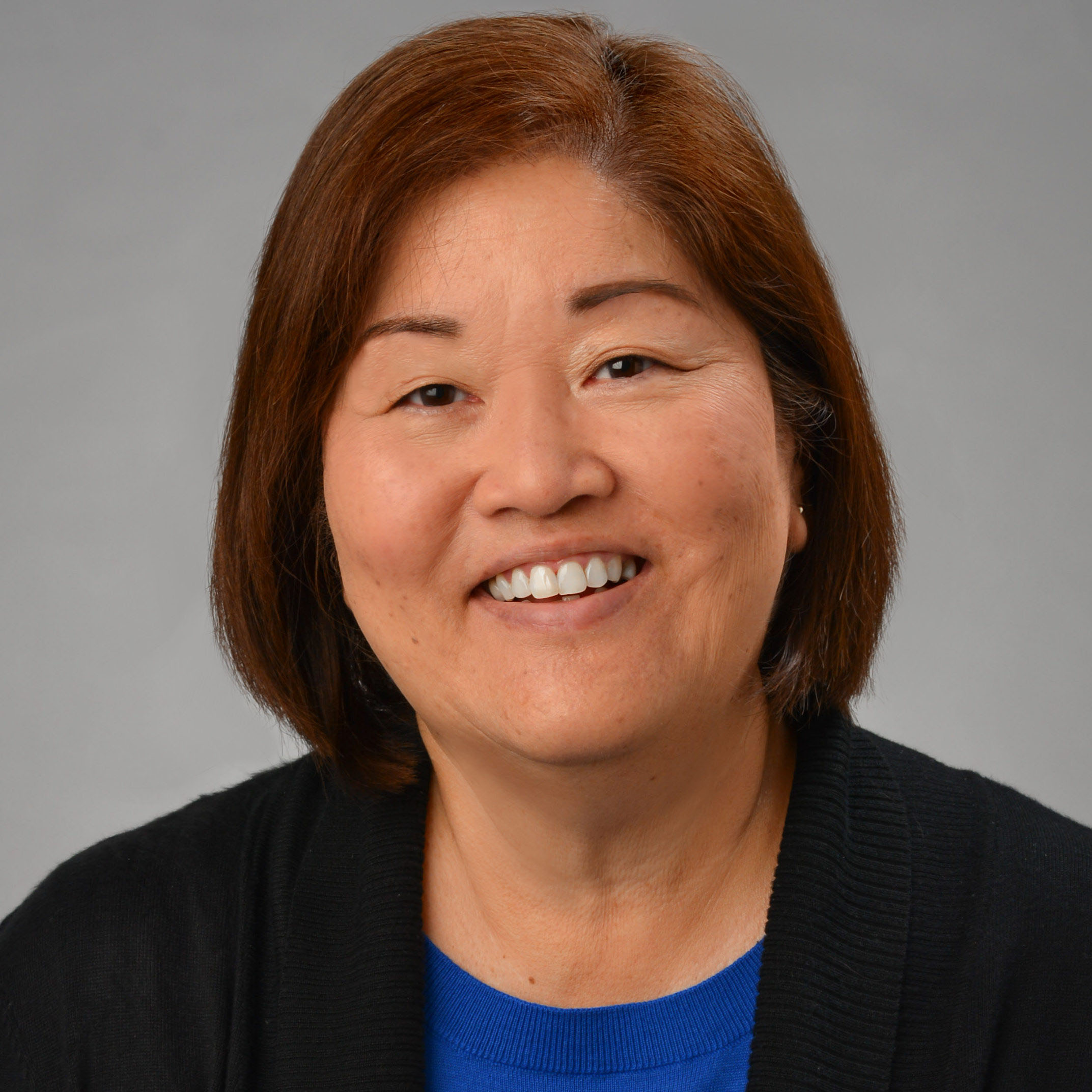 | Cari Uesugi has over 30 years of experience in Social Services which include: administrator for an intensive adolescent program and a program servicing the developmentally disabled; social worker for child protective service, the elderly and medically fragile children; patient advocate for Hawaii Pacific Health, Queens, and Maui Memorial Medical Center. Most recently, at the Judiciary Department, she was a Program Specialist with the Office on Equality and Access to the Courts. Her work involved providing support for the Judiciary’s Court Interpreter Certification Program. As the Limited English Proficiency (LEP) Project Manager/Coordinator with DHS, Cari has an opportunity to support and coordinate the department’s efforts to promote meaningful language access to programs and services for LEP persons. |
 | Carol A. Hoshiko, Dean of Community and Continuing Education at Kapi`olani Community College provides administrative leadership for Kapi`olani CC’s community education and workforce development programs. She serves on the Chancellor’s Executive Leadership Team as well as the Culinary Institute of the Pacific team. In addition, Dr. Hoshiko is responsible for Community Relations and works extensively with external constituencies through her outreach efforts. Community Relations sponsors the Culinary Institute of the Pacific Quarterly Town Hall Meetings as well as the informative Kaiāulu Webinar Series, which features current topics and presenters from the community and campus. During her 30-year tenure at Kapi`olani CC, Dr. Hoshiko has served in different capacities including Interim Dean for Business, Legal, Culinary, and Hospitality; Acting Executive Director for the Honda International Center; Executive Assistant to the Chancellor and Dean for Alumni, Development, Marketing, Communications, and UH Fund Development. Prior to working at Kapi`olani CC, Dr. Hoshiko was employed at the University of Alaska as an administrator, adjunct faculty, and Director of Communications and Public relations for the UA Community Colleges, Rural Education, and Extension Service. |
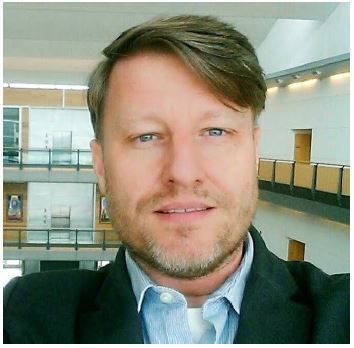 | Christopher Dimmick has a passion for facilitating international communication which has blossomed in his career which began in 1990. He holds a degree in Spanish Translation and Interpretation and has interpreted in every U.S. State and in over 21 countries. As a Master-Level Certified Spanish Court Interpreter (Hawaii Tier 6, Idaho, Oregon), and a nationally Certified Medical Interpreter – Spanish (NBCMI), Chris has extensive experience interpreting in legal, diplomatic, business, medical, and agricultural settings. His professional highlights include interpreting for presidents, ambassadors, at diplomatic summits, and for international television network broadcasting. As an interpreter trainer and performance consultant, he has trained over 7,000 interpreters across the U.S. and seven countries. |
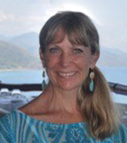 | Cristina Arsuaga is a free lance Spanish/English translator, interpreter who grew up in San Juan, Puerto Rico. She does simultaneous, conference and consecutive interpretation and she has been federally certified since 2000. Her career and experience include working in many different states, district courts, being an interpreter/translator for the United Nations, interpretation of high-level State and Government officials, presidents, U.S. legislators, televised debates, and diplomatic summits. She has worked for federal entities in the Department of Justice and as an expert witness in court proceedings for both plaintiffs and defense cases. She is also a talented bilingual voice-over artist for foreign language audio books, TV documentaries, radio and television commercials. |
 | Debi Tulang-De Silva, J.D. has been the Program Director of the Office on Equality and Access to the Courts (OEAC) at the Hawai`i State Judiciary since February 2005. As OEAC’s Program Director and the Judiciary’s Language Access Coordinator, Ms. Tulang-De Silva was instrumental in establishing the Hawai`i State Judiciary’s very first court interpreter certification program which has served as a model program for organizations with interpreting needs in languages considered by most as rare. Since 2008, she has conducted numerous training on language access and interpreter certification and recognized for her expertise not only in Hawai`i but also across the globe by the Guam Judiciary, the Judiciary of the Commonwealth of the Northern Marianas Islands, and the Pacific Judicial Council for her court interpreter and judge training in the Pacific Islands. In 2015, Ms. Tulang-De Silva was featured as the first Language Champion by the Hawai`i Language Roadmap Initiative for her work in championing languages as valued workplace skills to facilitate access to critical human services. In 2016, also under Ms. Tulang-De Silva’s leadership, the Judiciary improved and increased services available to Hawaii’s growing LEP population and was recognized by the National Center for Access to Justice as the leading state in the country for supporting people with limited English proficiency. Ms. Tulang-De Silva was awarded the Hawai`i State Bar Association 2016 Golden Gavel Award recognizing her for her outstanding service to the Judiciary, including activities and innovative projects that promote the fair and efficient provision of justice. A graduate of California Western School of Law and a member of the Hawaii State Bar Association, Ms. Tulang-De Silva has served as a Deputy Public Defender, and held counsel positions with the Hawaii Department of Commerce and Consumer Affairs, Regulated Industries Complaints Office and the Department of Corporation Counsel, City and County of Honolulu. |
 | Deborah S. Bosley, Ph.D., is the Founder and Principal at The Plain Language Group, LLC. She also is a Professor Emerita of Technical Writing from UNC Charlotte. A long-time believer that good writing is good business, she has spent the past 20 years helping Fortune 100/500 companies, government agencies, and non-profits create content that is easy for people to understand and use. Using proven writing and design strategies, training tools, and research results, she helps companies achieve a number of critical goals including:
issues related to clear communication. Deborah has given more than 100 presentations to business, government, and non-profit organizations in the U.S., Mexico, England, Spain, Ireland, Germany, and France. Interviews include: Deborah has been interviewed or written for Inc., Time Magazine, The Atlantic, the Wall Street Journal This Weekend radio broadcast, ABC News, Investment News, Investment Advisor, ThriveGlobal, Employee Benefits, Transaction World Magazine, and HealthLeader Media, as well as multiple social media outlets. She has published three books and dozens of articles on plain language/clear communication. Awards and Associations include:
|
 | Dina Rudolph Yoshimi (Ph.D., Applied Linguistics, University of Southern California) is Associate Professor in the Department of East Asian Languages & Literatures at the University of Hawai‘i-Mānoa and Director of the Hawai’i Language Roadmap Initiative (UH-Mānoa College of Arts, Languages, & Letters). During her tenure as Roadmap Director, she has coordinated the launch of the Hawai’i Language Roadmap (2013), and provided key leadership in the development and implementation of the state’s Seal of Biliteracy. Under her guidance, the Roadmap has promoted the development of a multilingual workforce for Hawai‘i through statewide symposia, multilingual career development programs, and outreach endeavors that have reached over 3800 employers, educators, students and job seekers across the state. She is currently directing the Roadmap’s initiative to promote the credentialing of language proficiency as an additional workforce skill in Hawai‘i’s high-demand industry sectors. Dr. Yoshimi serves on the State of Hawai‘i Workforce Development Council’s Sector Strategies and Career Pathways Committee, the UH-Mānoa College of Education’s Multilingual Learner Teacher Education Committee, and the Moanalua High School World Language Learning Center Advisory Board. |
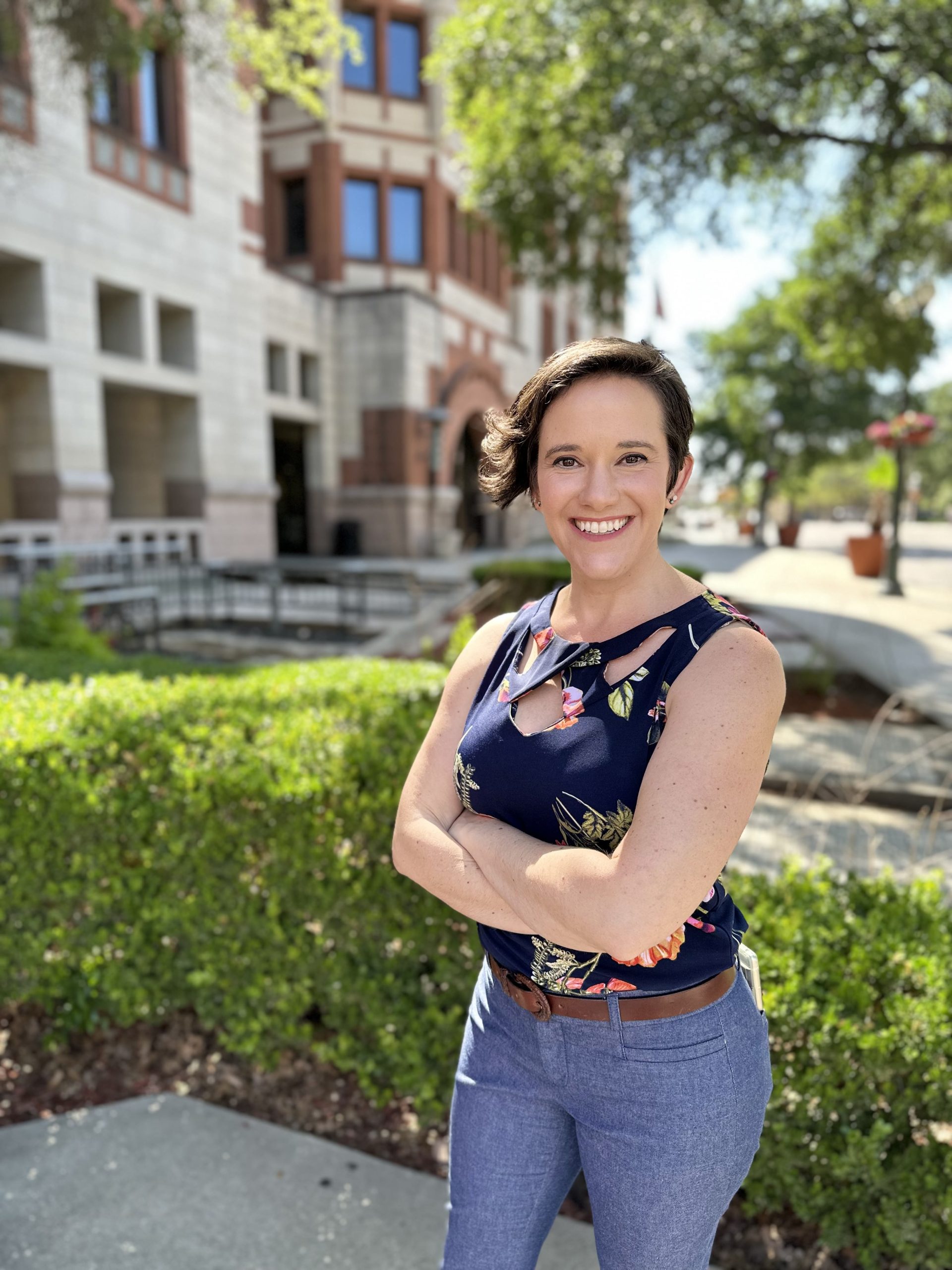 | Emily Yaffe is a civil servant with over a decade of experience in collaborative community development with welcoming and diverse residents. Emily is the Language Access Manager for the City of San Antonio. She is a steering committee member of the Municipal Language Access Network, a collaboration of government employees to share resources and develop best practices for the improvement of language access. Before working in San Antonio Emily led immigrant integration programming in Charlotte North Carolina where she wrote and implemented the City’s first Language Access policy and led efforts for the City to become Certified Welcoming by Welcoming America. Emily is a former Peace Corps volunteer having served in the Dominican Republic and is bilingual in Spanish and English. |
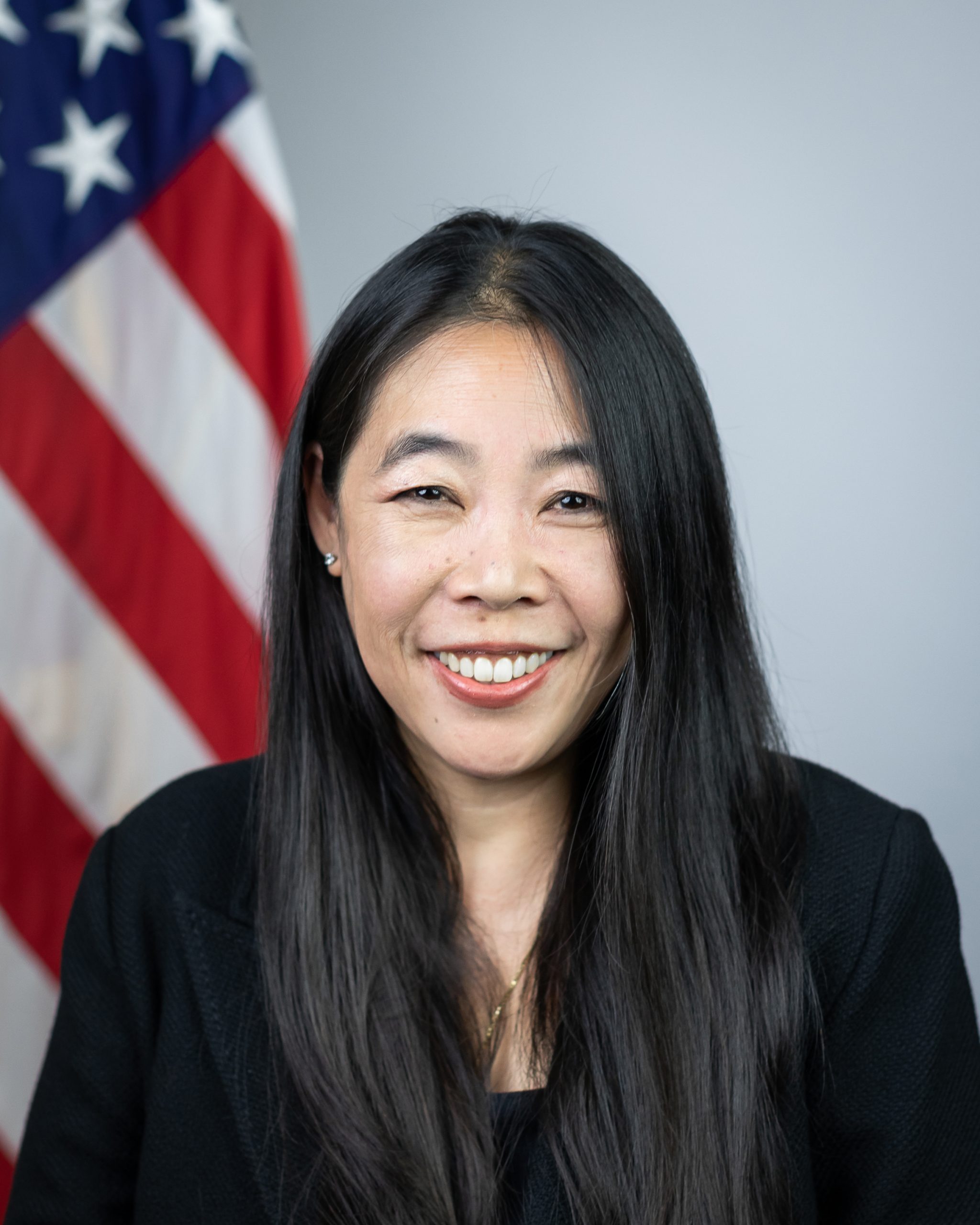 | Erika L. Moritsugu was appointed by President Joe Biden in April 2021 to serve as Deputy Assistant to the President and Asian American and Native Hawaiian and Pacific Islander Senior Liaison. At the White House, Erika supports the Administration on a wide array of the President’s priorities and engages with AA and NHPI communities and leaders on important issues such as advancing safety, justice, inclusion, and opportunity for Asian American and Native Hawaiian and Pacific Islander communities through a whole-of-government approach to racial justice. Her past government service includes serving as the Assistant Secretary for Congressional and Intergovernmental Relations at the Department of Housing and Urban Development under the leadership of Secretary Julián Castro in the Obama Administration and was the first-ever Senate Deputy Legislative Director at the Consumer Financial Protection Bureau. On Capitol Hill, she was a senior representative of Senator Tammy Duckworth of Illinois and Senator Daniel K. Akaka from her home state of Hawai‘i, and at the Senate Democratic Policy Committee under Senate Majority Leader Harry Reid of Nevada. In the non-profit sector, Erika managed two teams the National Partnership for Women & Families for economic justice and congressional relations advancing workforce and health policies focused through a gender equity and race equity lens. Erika has also led the Government Relations, Advocacy and Community Engagement team at the Anti-Defamation League, which included leading their interreligious and interfaith work. Moritsugu is a proud graduate of the University Laboratory School in Honolulu Hawaiʻi and attended Brandeis University, the College of William and Mary, and George Washington University Law School. Born in California and raised in Hawaiʻi, Moritsugu lives on Capitol Hill with her husband, Brian, their two children Vianne Leilani and Chester Likeke, their two cats, and one dog. |
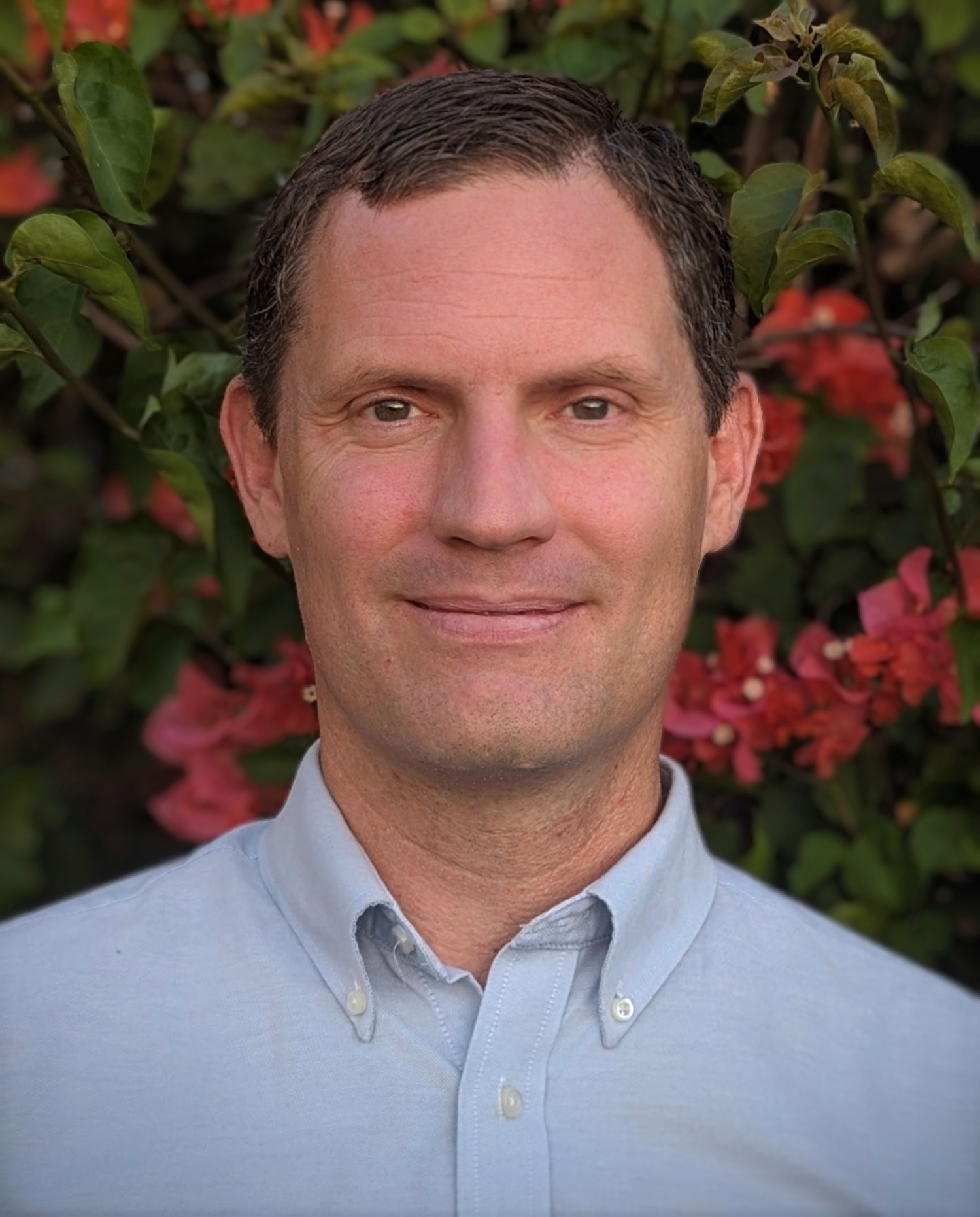 | Jeremiah Brown has worked at Waipahu High School since 2008, starting out as a social studies teacher and later becoming the school’s English Learner program coordinator in 2016, a role that’s a combination of resource teacher, guidance counselor, human resources, accountant, community liaison, and advocate for the 450+ multilingual learners at Waipahu High School. In recent years, he’s sought out opportunities for the multilingual students of Waipahu High School to use, develop, be recognized for, and share their language skills with the Waipahu community and beyond. He grew up in New Jersey and is lucky to call Hawai‘i home. |
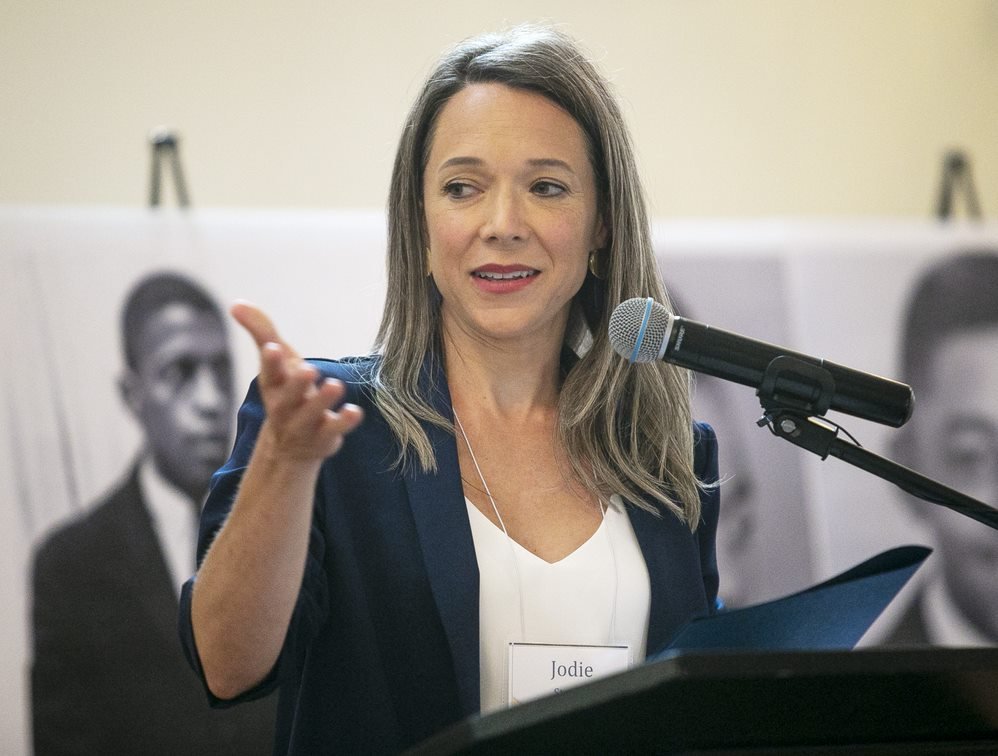 | Born of second-generation missionaries with roots in Japan and Canada, Jodie Stanley was born and raised in the Andes of Bolivia. Her ability to speak Spanish led her to a career with the City of Greensboro Human Rights Department as the City’s first International Support Coordinator. Since she assumed this role, Jodie successfully revived the City’s language access program and implemented the City’s first bilingual pay incentive program, which ensures that bilingual staff are appropriately tested, incentivized and trained. She developed the first interpreter training for bilingual staff, equipping and empowering staff with information about interpretation, translation, limitations and boundaries. She designed Greensboro Speaks, a basic Spanish class paired with cultural humility, an overview of the immigration system, language access compliance and bias training. Jodie also manages the International Advisory Committee, the only elected municipal international advisory board in the country. In addition to doing immigration integration work at the local level, Jodie is an active member of the statewide North Carolina Municipality Working Group and she helps manage the national peer support group for language access coordinators, Municipal Language Access Network (MLAN). |
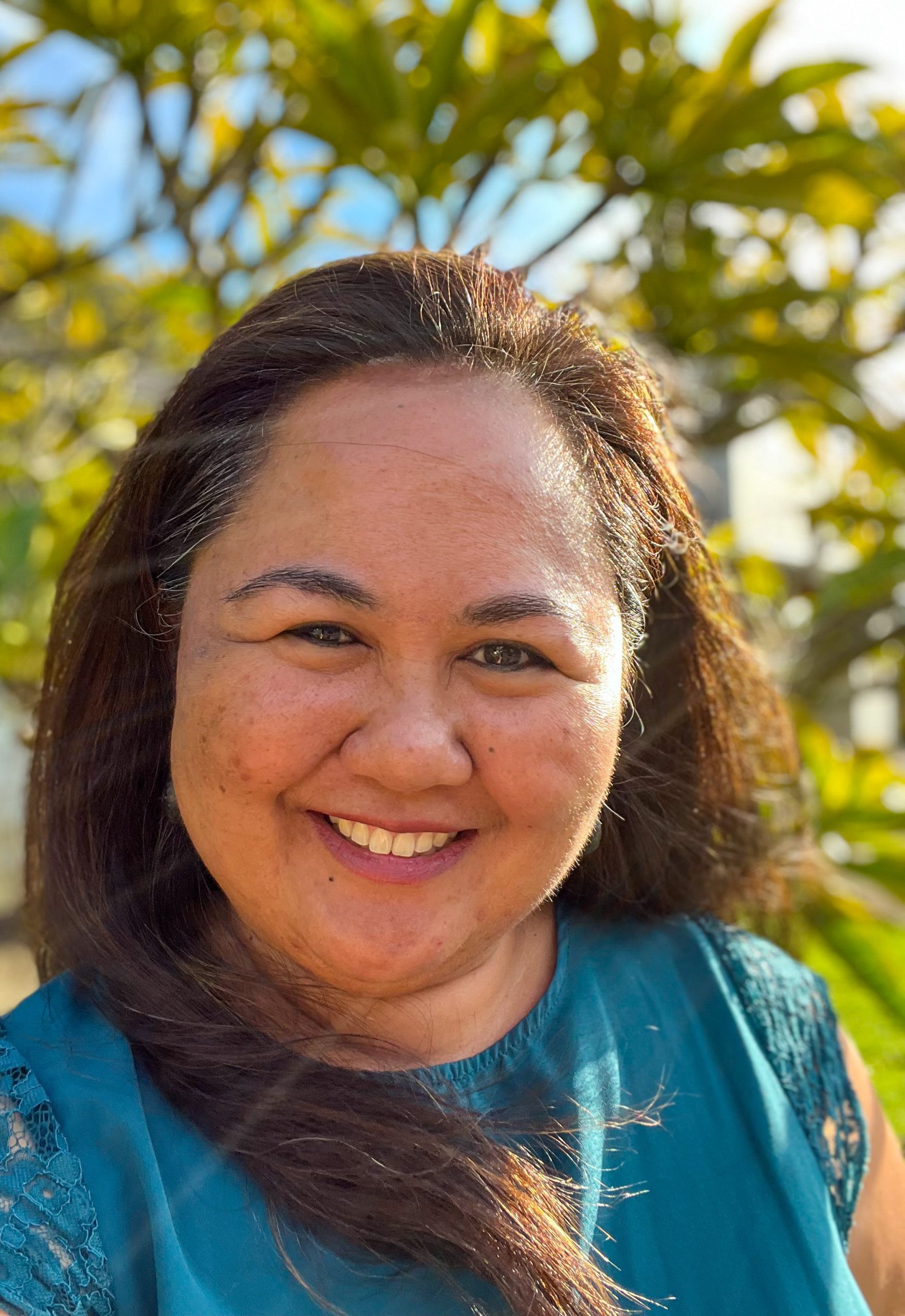 | Johanna K. Chock-Tam is the Judiciary’s first ʻŌlelo Hawaiʻi Program Administrator, responsible for increasing the presence of the Hawaiian language throughout the Judiciary’s operations. As an attorney, she was awarded for her advocacy work in ʻōlelo Hawaiʻi access in legal and educational settings. As a cultural practitioner, she was ritually elevated to the status of ʻōlapa of Ka Pā Hula o ka Lei Lehua by her kumu, Snowbird Bento, and is an oli student of Kekuhi Kealiʻikanakaʻole. She holds a J.D. from the William S. Richardson School of Law, an M.B.A. from Chaminade University, and a B.A. in Hawaiian language from the University of Hawaiʻi at Mānoa. Johanna is a lifelong resident of Pālolo, Hawaiʻi, where her ʻohana has lived for generations. |
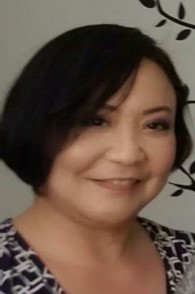 | Melody Kubo serves as Court Interpreting Services Coordinator in the Hawai‘i State Judiciary’s Office on Equality and Access to the Courts. In this position, she oversees the day-to-day operations of the Judiciary’s Court Interpreter Certification Program, which qualifies interpreters to work in the Hawai‘i State Courts through screening, training, and testing. In addition to successfully securing grant funding for projects to enhance the Judiciary’s language access services, she was highly involved in the design and development of the Judiciary’s award-winning multilingual website. Ms. Kubo also staffs the Supreme Court Committee on Court Interpreting and Language Access, which provides policy direction for the Court Interpreter Certification Program and serves as a resource on broader language access issues. Prior to joining the Judiciary, Ms. Kubo worked with business and social service non-profit organizations in Hawai‘i and at the Hawai‘i State Legislature, and was a technical editor for Native Hawaiian Law: A Treatise. Ms. Kubo is a graduate of the William S. Richardson School of Law, University of Hawai‘i at Mānoa; Tufts University; and Iolani School. |
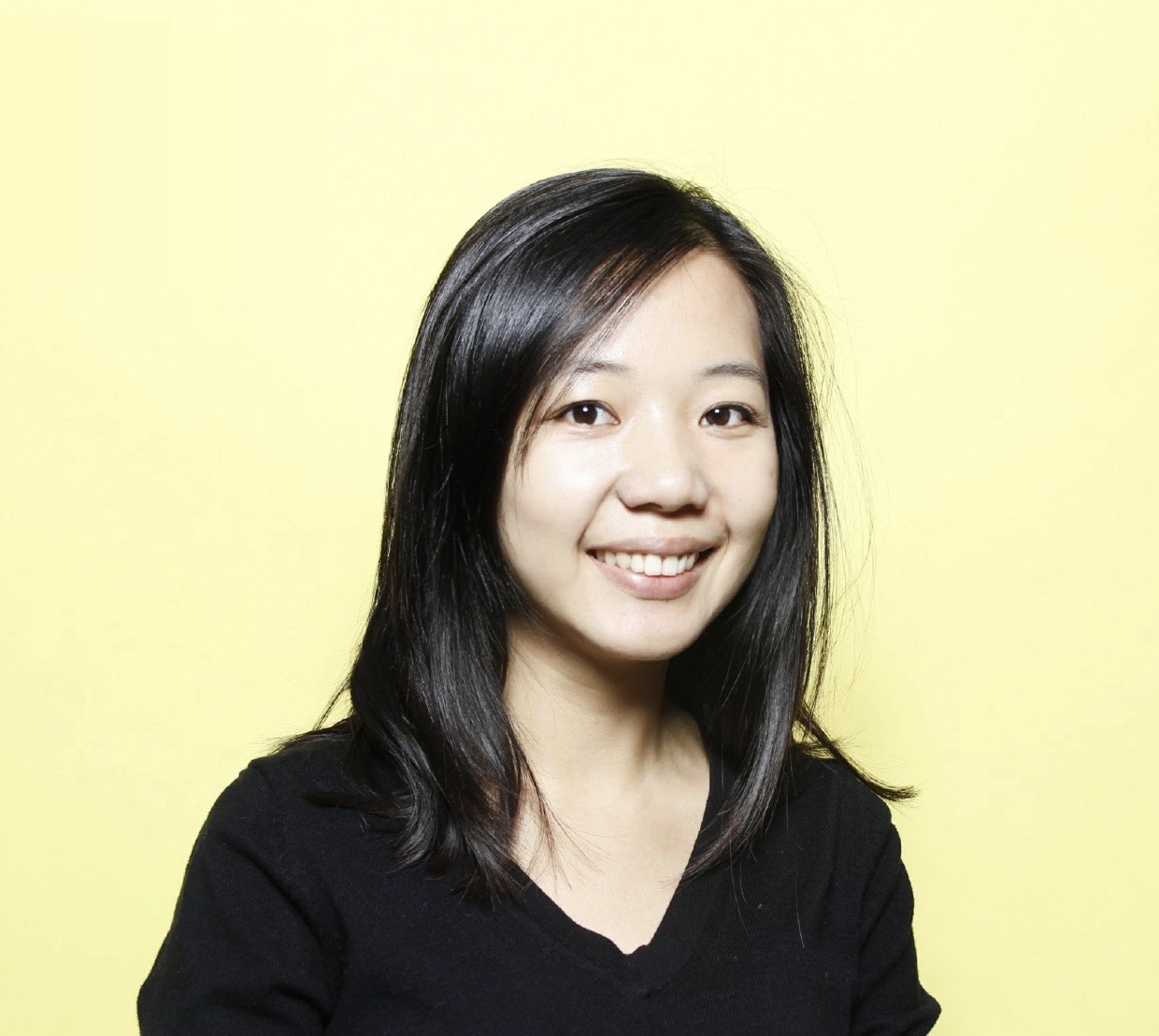 | Peggy Liao advocates for and believes that everyone should have access to public information and services regardless of the language they speak. Peggy was born and raised in Taiwan and moved to the U.S. in 2014. She holds a B.A. in business administration and received her master’s degree in social design from Maryland Institute College of Art. She has worked at Asian Counseling and Referral Service, a non-profit, to promote civic engagement, and at C+C, a communication agency focusing on multicultural communication, transcreation, and social marketing. Peggy now works with the City of Seattle’s Office of Immigrant and Refugee Affairs and manages the city-wide Language Access Program. She is committed to supporting government agencies and social service providers in their provision of linguistically-appropriate and culturally-relevant information for immigrant and refugee community members. |
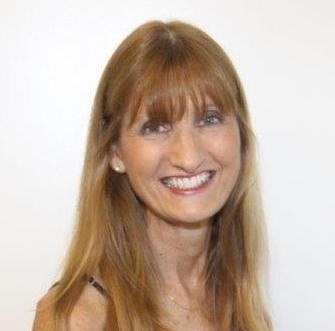 | Dr. Suzanne Zeng retired from the University of Hawaii’s Center for Interpretation & Translation Studies in 2019, where she taught conference interpreting, court and medical interpreting, the skills of interpreting, as well as translation techniques. She now directs the Community Interpreting Certificate Program through Community and Continuing Education of Kapiolani Community College, where she hopes to produce Hawaii’s interpreters of tomorrow. She has conducted numerous workshops at home and abroad, particularly for Asian and Pacific Island language speakers. As a long-standing member of the Supreme Court Committee on Court Interpreters and Language Access, Dr. Zeng was actively involved in helping establish higher standards and certification for Hawai‘i State court interpreters. She also served as an Advisory Council member for the Hawai‘i Office of Language Access, and helped establish the annual Language Access Conference. Dr. Zeng received her Ph.D. in Chinese Linguistics from the University of Hawai‘i at Mānoa and holds professional certification in Mandarin-English Conference Interpreting. Her interpreting experience expands from international conferences to government agencies, from State, Federal and Immigration Courts to hospitals. Ms. Zeng is also the founder of Language Services Hawaii. |
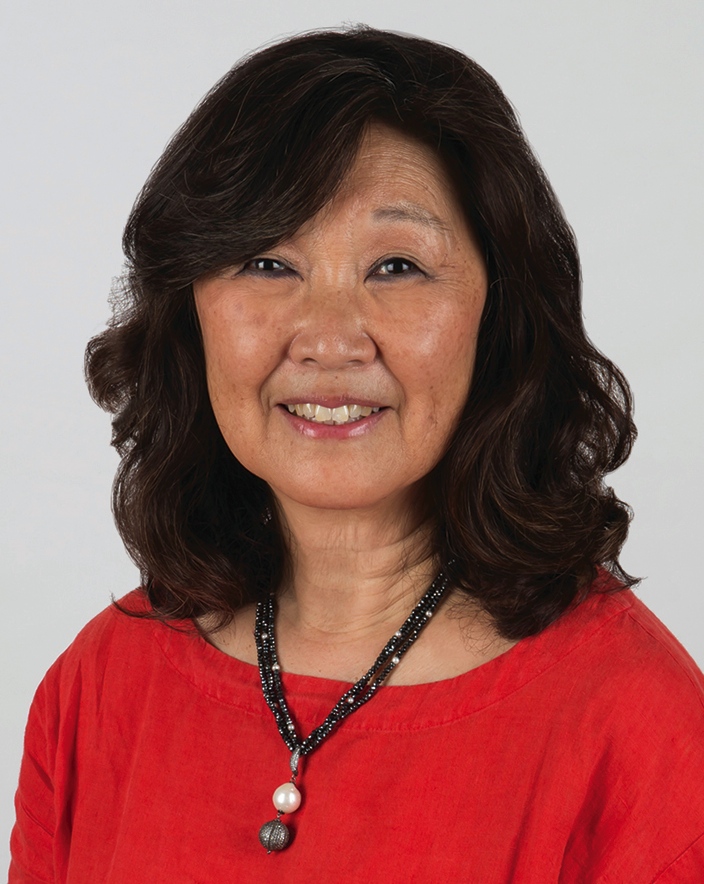 | As Deputy Director of Pacific Gateway Center, Terrina Wong is actively involved with programs and initiatives that empower immigrants, refugees, and low-income residents of Hawaiʻi. She directs the ESL programs and teaches ESL weekly to immigrant farmers and their families in Kunia. She is bilingual in English and French – having lived and studied in France, and being active with the French community in Hawaiʻi. Her family is a host family to East-West Center students and has hosted students from Bangladesh, China, Egypt, India, Indonesia, Japan, and Nepal. She received her Master’s degree in Education from the University of Hawaiʻi and has been a committed educator of over 25 years in the teaching and learning of global issues and world cultures. Because of her work at Pacific Gateway Center, she is now living global issues – having acquired many first-hand experiences dealing with immigration, human rights violations like human trafficking, and helping those who have been marginalized because of a significant lack of language access. |
 | Rev. Won-Seok Yuh is serving as a Co-Pastor of English Ministries at First United Methodist Church of Honolulu. As a naturalized immigrant, Rev. Yuh has been sharing language resources to those navigating English-laden environments in Southern California and Hawai`i. His involvement in cross-cultural and cross-racial ministries recognizes the ongoing challenges of meeting language needs compounded with cultural complexity. He hopes to serve as one who restores individual agency and dignity when seeking resources to thrive in collaboration and restoration. |